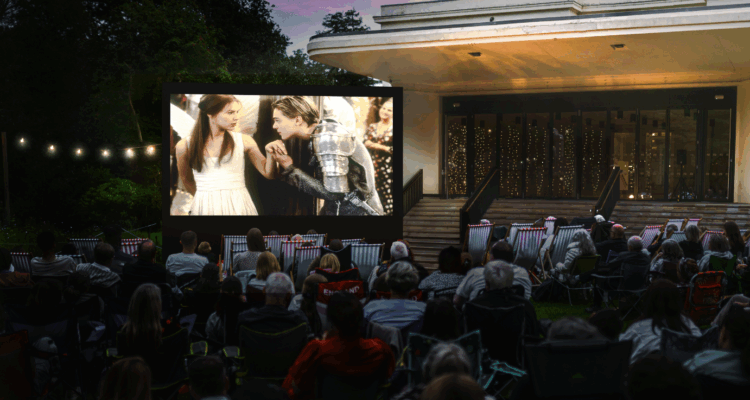Mersey Care Reads Update
In posts during October we introduced Mersey Care Reads, a joint project between The Reader and Mersey Care NHS Trust, which aims to set up reading groups for service users across the Trust. The project is now well under way, with nine groups currently in action and a host of training sessions taking place for Mersey Care staff members and volunteers who have come forward to facilitate ongoing groups at the end of the project.
One of these groups is based at Crown Street Resource Centre, part of the adult mental health service provided by Mersey Care. The group got off to a terrific start back in October, with the support of Martin Maxwell, an enthusiastic member of staff who invites service users and joins in with the group each week. He is one of those taking on the Key Professional Training and will continue to facilitate the reading group after the twelve month project finishes. The group of eight have got to grips with a whole range of material since then, including Simon Armitage poetry, a short story by Chekov and (with Christmas fast approaching), Dickens. Our time is split into two 45 minute sessions with a 15 minute tea break in the middle. We usually start and finish by reading a poem together, reading either a short story or chapter from a longer book in between. In recent sessions we have read sections from Bill Bryson’s Notes from a Small Island focusing on the chapters on Manchester and Liverpool. Bryson is fascinated by Liverpool’s history and writes about the present state of the Dock area of the city with an ever present longing for the old glory days of hustle and bustle.
I was appalled to think that never in my life would I have an opportunity to stride down a gangplank in a panama hat and a white suit and go looking for a bar with a revolving ceiling fan. How crushingly unfair life can sometimes be.
As we read this, members of the group recalled their own memories of the dockland, the ‘past’ which Bryson suggests dominates Liverpool’s future. One gentleman told us:
My Father worked at sea, and when he was home, he used to take me for a trip on the overhead railway on a Saturday morning. I used to draw pictures of the ships, it was wonderful. Once he took me on a tour of an Indian Destroyer, I’d never seen anything like it!’
We talked about the idea of Liverpool as ‘a place with more past than future’. Most people disagreed with this: ‘You need to have memory and a link to the past, but you take that and use it for the future’ said one group member. The idea of ‘using’ past experience, perhaps especially, the negative, to create a positive future was something which we picked up again in the poem The Road Not Taken. On reading this, one gentleman commented, ‘There are things that happen in your life that you may regret, but if they hadn’t happened, you would have missed out on things. You don’t know what will happen to shape things. If I hadn’t been in a car crash years ago, I wouldn’t be sat here today’.
This week we started reading A Christmas Carol. It is the first reading of this story for everyone in the group, although a couple of people have seen various film adaptations. There was a lot of debate about the character of Scrooge himself. After reading the first few pages where we are given an impression of Scrooge and his solitary existence one man suddenly said
I think he is lonely. Sometimes when you don’t see people you don’t feel like you want to be integrated with them. It’s difficult. That’s how I feel and I think it is how he feels here.
Another group member replied:
I don’t think he feels lonely. I think he is lonely, but he doesn’t feel it, or doesn’t know what it is.
We talked about the idea that you could be lonely, but not know it yourself and how terrifying that would be, because it might mean you would never be able to escape the loneliness. ‘If you could get through to Scrooge and make him see, that would be wonderful!’ someone exclaimed. We battled with the relationship between Scrooge’s apparent hatred of people, warmth and joy, and his strange contentedness with his situation. This led us to question: Is Scrooge happy? ‘I think he is happy with his version of happiness. But I don’t think it is a very good one’ was one answer which made another member of the group stop and say ‘That’s interesting. I think that’s right. Its not a good one’. Everyone is very keen to find out whether anyone can indeed ‘get through to Scrooge’ during the rest of the story and we are well and truly 'hooked' and looking forward to reading further in the next session in order to find out the answer!
By Katie Peters
Share
Related Articles

Open Air Cinema and Theatre FAQ’s
If you were able to snap up tickets to our Open Air programme this summer, check below for any queries…

New Liverpool open air cinema brings movies to the Mansion
NEW FOR 2025: Eight handpicked films will hit the big screen in Calderstones Park this summer as national Shared Reading…

A breath of fresh air! This summer’s outdoor and cultural events at our Calderstones Park home
The Reader serves up a giant scoop of summer arts and entertainment from three special summer garden parties with special…


